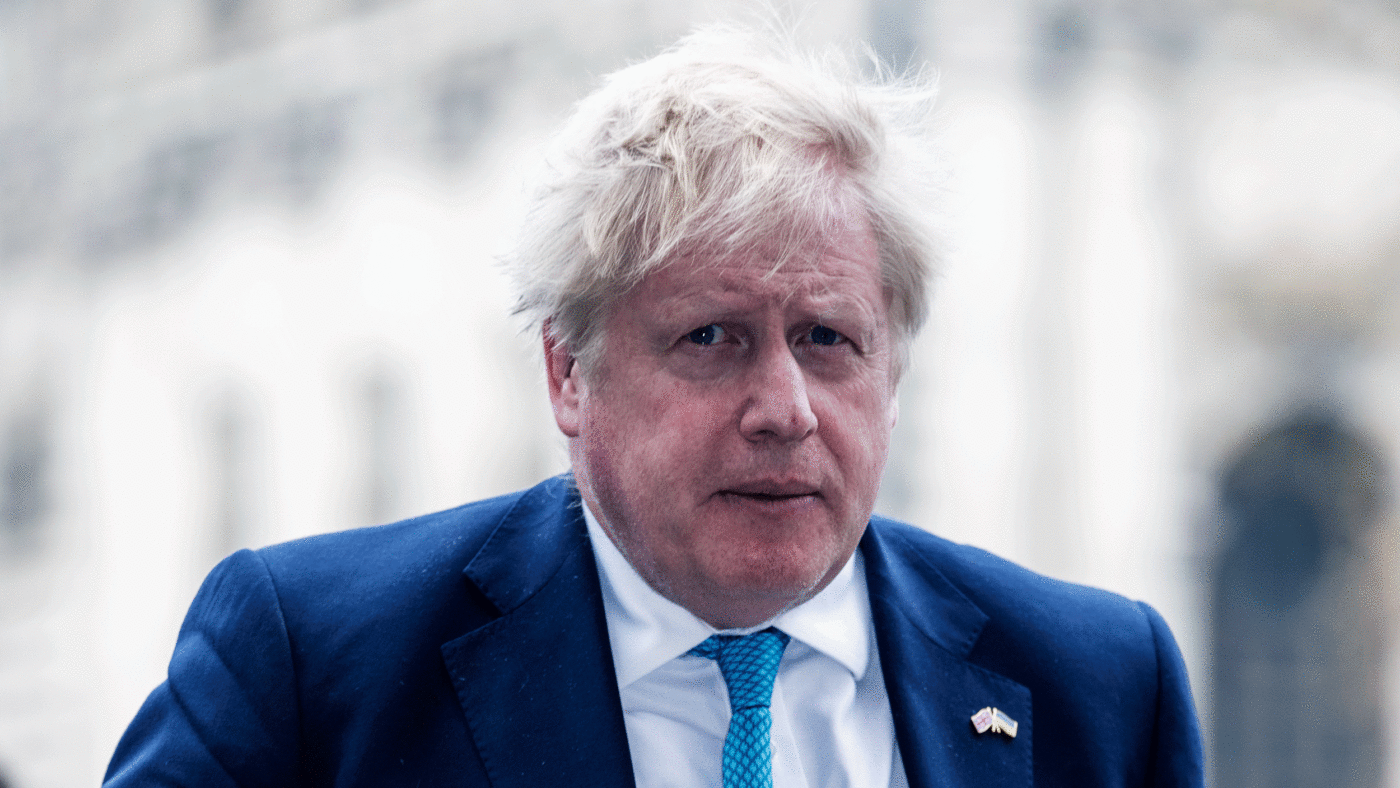It’s official – the Met Police have handed out 20 fines to Downing Street staff, confirming that they believe that lockdown laws were broken in the heart of government. Back in December, I wrote on these pages about then breaking Partygate story and the risks it posed to Boris Johnson and his government. With so much having happened in the time since – not least the war in Ukraine – it’s worth taking stock and considering what Partygate might mean going forward.
The risks in terms of public opinion were realised pretty quickly. Voting intention polls swung sharply against the Conservatives, the party’s brand was damaged, and Johnson’s personal ratings took a hit.
Then came the Ukraine war. To be clear, this was never likely to be a ‘Falklands’ moment for Johnson. Ukraine is not British territory, the UK is not directly involved, and its involvement by proxy is as part of a much wider coalition. But it still matters to British politics in a number of ways.
Firstly, Ukraine has largely moved the new cycle on from Partygate, preventing the latter from causing much further damage to the Conservative brand, at least in the short term.
Secondly, as far as the Conservatives at Westminster are concerned, Johnson’s position seems much more solid than it had been before the conflict. This is not simply a function of the above point, but additionally because some Tory MPs may take the view – as Douglas Ross did publicly – that this is not the time for a change of leadership.
Johnson being likelier than before to lead the Conservatives into the next election is of course not the same as them being likelier to win it. The two things are clearly related, but the effect of the former on the latter is open to debate. We don’t know who Johnson’s successor would be, or how he or she would lead or be viewed by the public, and polling on hypotheticals is notoriously difficult.
Thirdly, although Ukraine is not a ‘Falklands moment’, it is at least possible that we are seeing an incremental effect. Though it is difficult to do disentangle a Ukraine effect from mean reversion following the worst of Partygate, it may be that those who were (or had become) most hostile to Johnson have softened their view somewhat.
And last but by no means least is the (perhaps considerable) economic impact on the UK from the war, and Russian sanctions. While tough measures have strong public support, higher inflation hits voters in the pocket, which cannot be good news for the incumbent.
What Ukraine hasn’t done is meaningfully shift voting intention. The big Labour leads early in the year had already started to narrow by the time Russia invaded, which may simply be an unwind of the sort of overshoot that can happen when poll swings follow newsflow, rather than the underlying problem going away. That would fit with qualitative evidence, which will continue to make very difficult reading for Number 10.
Asked directly, the public response is nuanced. Opinium found that a majority feel Partygate is a distraction from more important issues, but also that a majority (albeit a narrower one than previously) still thinks Johnson should resign.
As such, it is difficult to say with confidence whether Ukraine will save the Tories from Partygate. We don’t know what is yet to come from either story, or indeed the counterfactual of how Partygate might have played out had the war not happened.
What’s more, the likelihood of Johnson or his party recovering from Partygate depends in part on what ‘recovery’ really means. If it ultimately means the Tories’ ability to win the next election, this depends on more than their and their leader’s brand. As I wrote in December, it also depends on how voters view the alternative(s).
Much of the discussion has focussed on leader ratings, and these do of course matter. In terms of Ipsos MORI’s gross satisfaction rating (as opposed to the net of satisfaction and dissatisfaction), Boris Johnson (at 32% in their most recent poll) is on a par with John Major and Gordon Brown in mid term.
But Keir Starmer’s numbers are similar to Johnson’s, rather than the much stronger ratings that David Cameron and Tony Blair had as opposition leaders at the same point. This could be explained by the political context of the last two years, but that doesn’t guarantee that they improve in a post-Covid environment.
Labour also has brand issues of its own. While it has clearly made significant changes in terms of people, positioning and operations since December 2019, its starting position was weak enough that turning it around in a single parliament was (and remains) a huge ask.
Ultimately, then, Ukraine provides respite of sorts from Partygate for Johnson, but not necessarily for the Conservatives, and raises new questions. How the various impacts of the war play out in the UK, how Partygate develops, and how the public ultimately view the government relative to the opposition, all remain to be seen.
Click here to subscribe to our daily briefing – the best pieces from CapX and across the web.
CapX depends on the generosity of its readers. If you value what we do, please consider making a donation.


